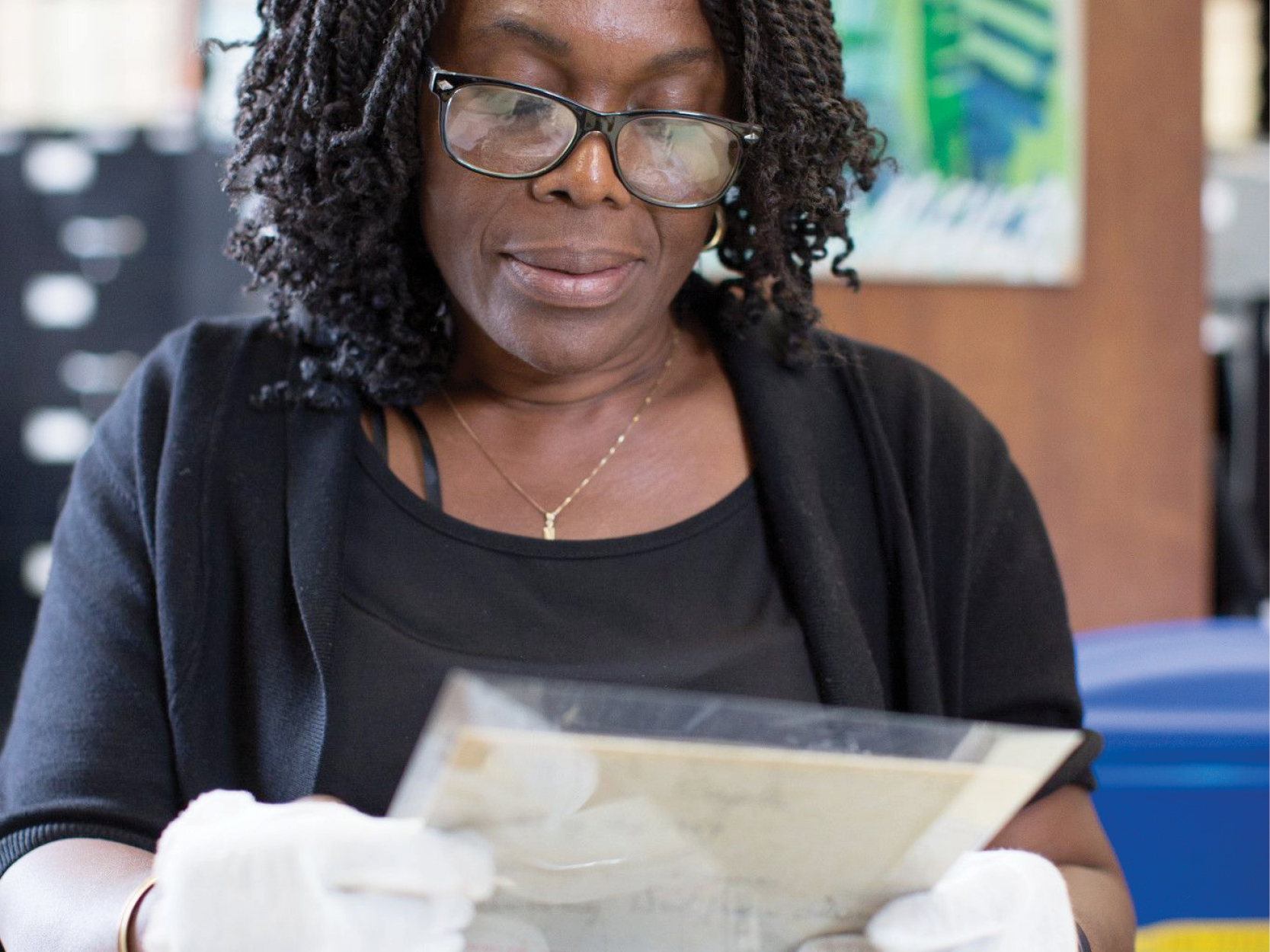There is nothing thought of a poor soldier when he gets killed, only for to dig a hole and throw him into it, then sometimes hardly cover him with enough of dirt.
The quotation is from a letter which Beith wrote to his brother in May of 1864, while his regiment marched north through the brutal and desperate final months of the Civil War in Virginia, angling towards the Confederate capital in Richmond.
Certainly the most gripping of Beith’s letters, his words here touch on the useless horrors of war, and specifically the way “poor soldiers”—privates, infantrymen, usually those from the most modest means—were pawned and dehumanized, bearing a disproportionate brunt of the war’s tragedy.But research on Beith’s earlier years in the war reveal another, very different reality for the “poor soldiers” of the 48th NY: frustrating inaction, boredom, and a spectacular ability to create diversions and entertainment for themselves. And how do a bunch of city boys from Brooklyn entertain themselves? The theater, of course!
For the first three years of the Civil War, James Beith’s regiment was stationed on the coastal islands and swamps of the Deep South, rotating between Hilton Head, SC, Fort Pulaski, GA, and St. Augustine, FL, waiting for the Union Army in Virginia to make its way southward. Unfortunately, the Union Army in Virginia was doing no such thing, instead finding itself stalemated and pushed back up into Pennsylvania, leaving Beith and the rest of the 48th NY stranded for years, fighting in minor skirmishes to hold their position.
 Troops from the 48th Regiment, New York Infantry guard the ramparts of Fort Pulaski on Cockspur Island, one of Georgia's coastal isles. Fort Pulaski was the birthplace of the Barton Dramatic Association. Photo courtesy of Library of Congress.
Troops from the 48th Regiment, New York Infantry guard the ramparts of Fort Pulaski on Cockspur Island, one of Georgia's coastal isles. Fort Pulaski was the birthplace of the Barton Dramatic Association. Photo courtesy of Library of Congress.To keep their soldiers happy and diverted, officers allowed for a variety of games and contests, including an “Olympic Games,” animal hunts, military skills competitions, and a company band (of which Beith was a part). Besides these more traditional military-style diversions, several soldiers in the 48th NY also asked to build a stage and to start a theater company. Their officers consented, and The Barton Dramatic Association was born in June of 1962 at Fort Pulaski, GA.
Abraham J. Palmer, a Private in the 48th NY and the author of a “biography” of his regiment, describes the construction of the theater:
Col. Barton gave us permission to use an out-building for the purpose...and in a very short time, considering their facilities, they had erected a very well-equipped and attractive little theatre, with a stage at one end, private boxes, orchestra, side-scenes…and a drop-curtain on which was painted a picture of the bombardment of the fort. They sent to New York for canvas, paint, costumes, lamps, a printing- press, and books of plays, and improvised a chandelier and foot-lights out of old tin-cans.
Indeed, in the midst of America’s most brutal and transformative war, Union soldiers were sending away to New York City for curtains, stage lights, and books of plays, all on the bill of the federal government.
 The band of the 48th Regiment, New York Infantry at Fort Pulaski, GA. James Beith, a member of the band, may be pictured here. Photo taken 1863. Courtesy of Library of Congress.
The band of the 48th Regiment, New York Infantry at Fort Pulaski, GA. James Beith, a member of the band, may be pictured here. Photo taken 1863. Courtesy of Library of Congress.As it turned out, the Barton Dramatic Association was a wild popular success, first among the soldiers of the 48th NY, then among the other Union regiments stationed around the Deep South coastal islands, and finally even among the local inhabitants—theoretically their adversaries--who came to see their plays in throngs. The 48th NY uprooted its theater and took it with them when they re-stationed at St. Augustine and then at Hilton Head, establishing a popular following at each location, even as many of the major players lost their lives in between stations.
The officers first allowed the soldiers to put on only farces, comedies, and other “vulgar” plays because they did not consider the low-ranking actors and directors worthy of more substantive material. So when members of the Association asked to put on Othello, the officers initially refused—not due to the possibly transgressive or controversial racial politics of the play, which didn’t even seem to occur to them, but rather because they didn’t want to see a Shakespearean tragedy “murdered” by amateurs.
Contrary to the officers' assumptions, however, there were several professional actors and a director in the lower ranks. These theater professionals staged a few acts of Othello and convinced some of the officers to come watch the performance. The performance "was pronounced a great success" by these officers, and they consented to the theater putting on Othello in its entirety. This performance, according to Abraham Palmer, is what launched the Barton Dramatic Association into local fame. Palmer also reports that “our two leading ladies were said to be the handsomest in the department”—those “ladies” of course being two men in drag, one of them Abraham Palmer himself!
I was fortunate to stumble upon Abraham Palmer’s fantastic account of the Barton Dramatic Society (linked here) while digging up biographical information on the private James Beith, information I figured would be primarily of a tragic and violent nature due to the content of Beith’s featured letter. We are greatly indebted to Palmer for his singular “biography” of the 48th NY, an account that contains its share of tragedy and violence, but is most remarkable for how it continuously pivots between drudgery, levity, and brutality, much as the experience of the Civil War must have for soldiers like Beith and Palmer. One can only imagine the emotional heft of theater in the midst of these circumstances: performed by actors who were literally in the process of risking their lives, who may have lost their best friends or fellow actors within days or hours of their performances, to audiences of civilians and soldiers whose physical and emotional foundations were undergoing violent revolution.
For more stories featuring the insatiable human desire for connection in the midst of America’s most bloody and divisive conflict, stop by Brooklyn Historical Society’s Personal Correspondents exhibition. Brooklyn Historical Society is open Wednesday-Sunday, 12-5 P.M.
This blog post reflects the opinions of the author and does not necessarily represent the views of Brooklyn Public Library.
Post a Comment
While BPL encourages an open forum, posts and comments are moderated by library staff. BPL reserves the right, within its sole discretion, not to post and to remove submissions or comments that are unlawful or violate this policy. While comments will not be edited by BPL personnel, a comment may be deleted if it violates our comment policy.
eNews Signup
Get the latest updates from BPL and be the first to know about new programs, author talks, exciting events and opportunities to support your local library.







